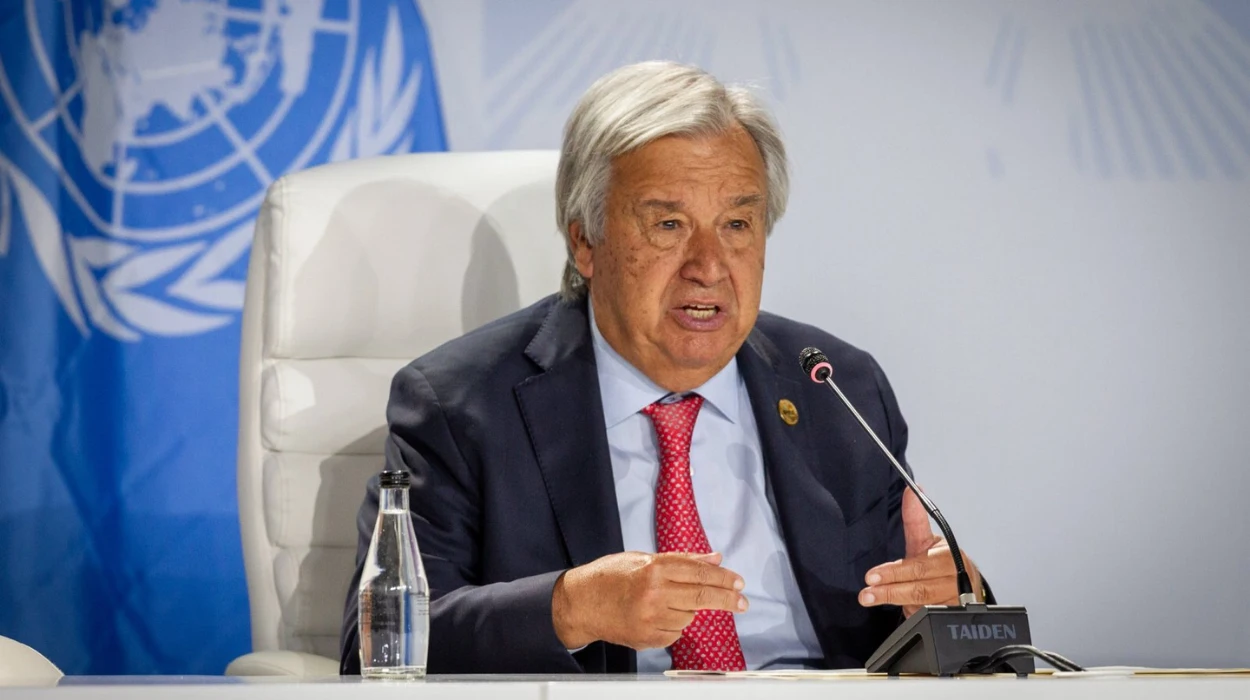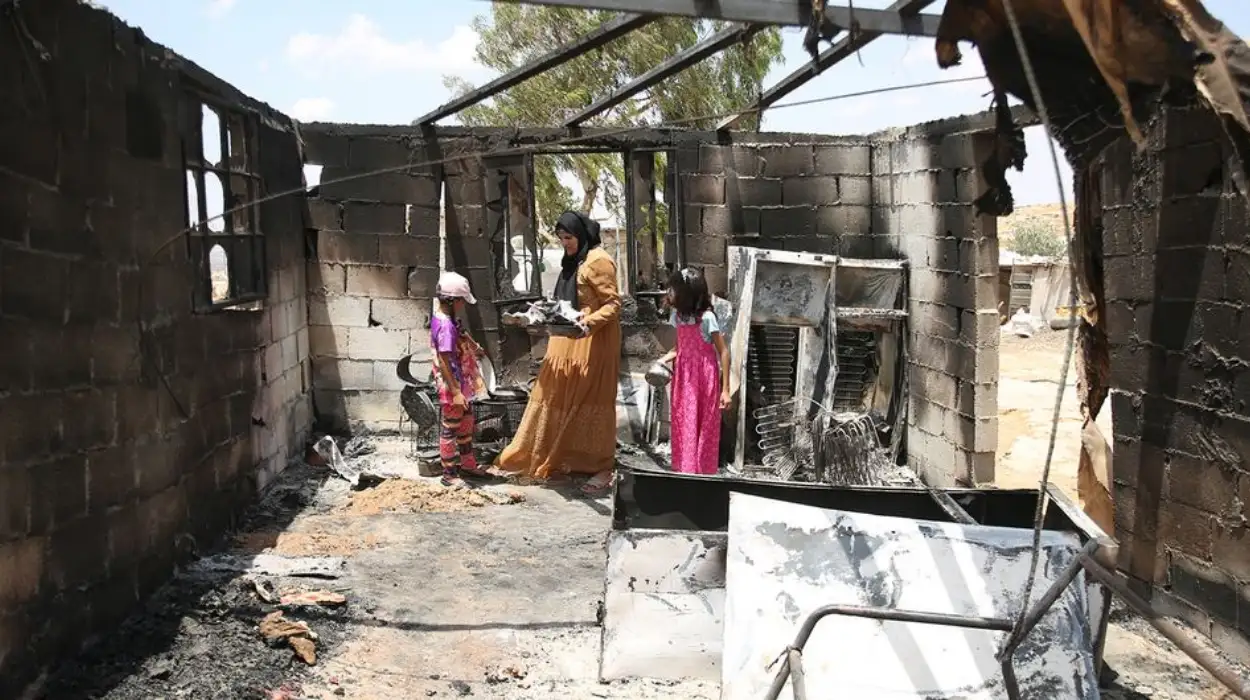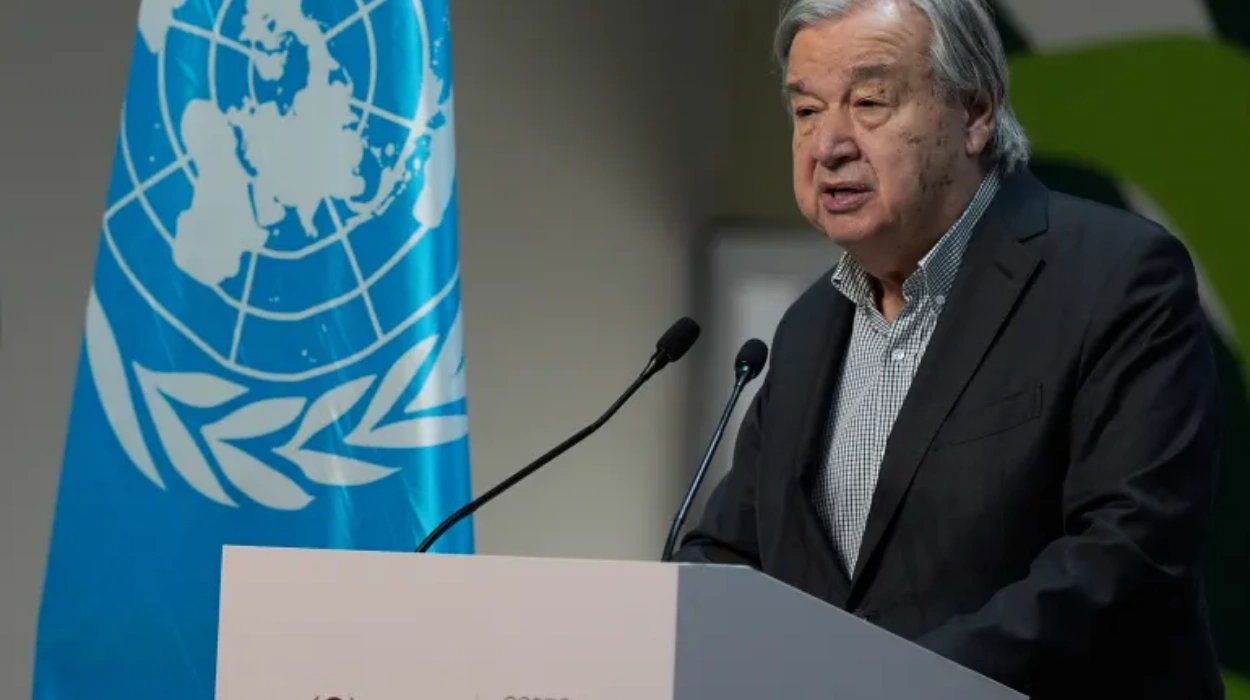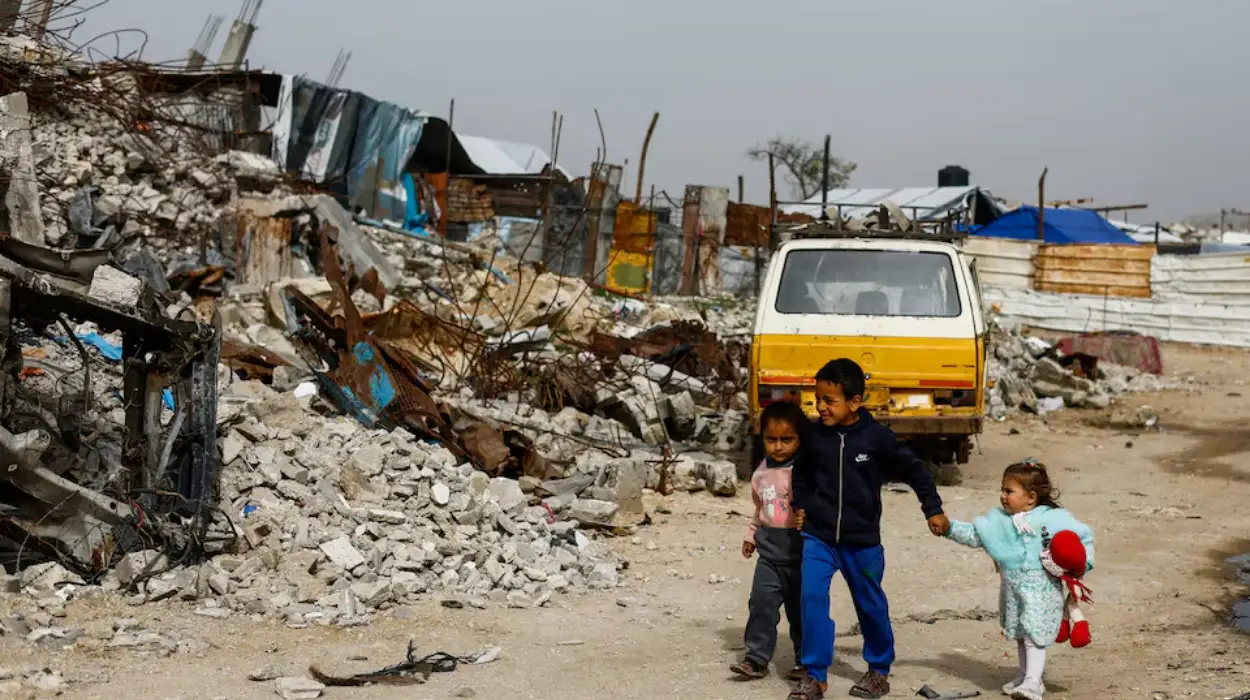The recent Taliban resurgence to power in August 2021 has experienced a disastrous rewind of women education in Afghanistan. Only weeks later, Taliban reinstated their restrictions which denied access to learning to close to 2.5 million students by prohibiting them to attend secondary school. Four out of every five girls of school going age in Afghanistan are out of school according to the UNESCO data which was updated in 2025, and this has never happened anywhere in the world.
In December 2022, the Taliban blocked university education of women, impacting over 100,000 students, further worsening the crisis. This successfully eliminated twenty years of progress made between 2001 and 2018 during which the number of women enrolling to higher education grew by almost twenty times. The ban, besides disrupting the intellectual and social growth of the women in Afghanistan has caused a quantifiable economic burden.
Based on the fact that women are not allowed to study or work in the country, UNICEF estimates that the GDP in Afghanistan might shrink by 2.5 percent every year. This economic burden is enhanced by an impending supply gap of female medical practitioners, which threatens even more the health outcomes of mothers and babies. The ban is still keeping poverty, increasing gender inequalities, and diminishing national resiliency amid rising humanitarian crises.
Radio Femme: A lifeline for learning under repression
During this educational crisis, Radio Femme became one of the channels on which the Afghan women and girls could still learn. The station is entirely founded and operated by women and plays lessons in mathematics, science and languages to tens of thousands of listeners in several provinces. By 2025, it was estimated to have almost 70,000 women and girls in its audience, and many of them reside in rural areas without access to formal education.
The strategy of Radio Femme incorporates both conventional radio broadcasting and the Internet streaming system via secret communication applications and local relay networks to increase the radius of influence. Female teachers offered continuity to the learning of students who would have otherwise been remotely denied the chance to learn using recorded classes and interactive question-answer sessions.
Empowerment through education and dialogue
In addition to the academics, Radio Femme provided much needed programs on women rights, awareness on their health and social development. It provided a platform through which women voices could be heard and also it was a symbol of virtually nothing in terms of the Taliban domination in Afghanistan. This two-sided, educational and empowering aspect of the station made it look like a school, and a sanctuary at the same time.
In early 2025, one of the senior broadcasters of the station said that its mission was to preserve knowledge when all other forms of knowledge are suppressed. These efforts were symbolic of Afghani women and the bravery and resourcefulness that enabled them to continue their educational effort even in the face of systemic oppression and regular monitoring.
The Taliban shutdown and its consequences
In September 2025, the Taliban caused an immediate country-wide shutdown of internet and mobile networks. The radio station Radio Femme was practically silenced by the blackout, which the authorities claimed was done as a security measure. Its transmitters that rely on insufficient digital infrastructure failed in hours.
The choice placed Afghan women in their further isolation. Radio Femme was their sole source of contact with schooling, society, and promise to many. The outage was a blow to a unique system of informal learning that had supported thousands of people over almost four years, and destroyed the link.
The erosion of access and opportunity
The closure came along with a wider limitation of mobility and expression of women. After the Radio Begum raids earlier in 2025 of other women-run media, the Radio Femme targeting can be added to the trend of silencing independent women speakers. Teachers, reporters and activists complained of a heightened intimidation and censorship with some exiled to go on with their activities abroad.
The fact that Radio Femme is no longer being aired in Afghanistan is not just the loss of a radio station but it is a loss of one of the few sources of education to the Afghan women. The long-term effect will most likely be an increase in the levels of illiteracy, dropping health literacy levels, and the lack of economic involvement of women of all ages.
Context of repression and resilience
The Taliban’s restrictive framework on women participation in the society goes way beyond classrooms by the Taliban. The group edicts bar women to the majority of occupations in general, restrict their movement without the presence of male guardianship and have strict dress code. Schools, NGOs run by women have been shuttered down or driven underground systematically.
Nevertheless, even in these circumstances, there is still an informal education network. Secret classes that masquerade as religious study groups are usually held in silence in residential and community centers. The teachers stand the risk of being arrested in order to deliver lessons in literacy, arithmetic, and languages. These subterranean activities depict how the Afghan women are resolute to save education as not only a need but also resistance.
Humanitarian and international responses
The actions of the Taliban and the reinforcement of the remote and cross-border education programs have been denounced by the international organizations, such as UNESCO and UN Women. There are also NGOs that finance encrypted digital learning programs that are available on satellite connection or proxies. Nonetheless, the number of people who are reached by such efforts is only a small portion of their affected population due to logistical and political, as well as funding constraints.
The international community has also been undermined by donor fatigue and decreasing world priorities to maintain large-scale interventions. As Afghanistan is becoming more and more isolated by the world financial and educational systems, aid agencies are finding it more and more challenging to supply the most needy with the resources that are available.
The global dimension of digital and educational rights
The Radio Femme suppression is a case in point pointing at a bigger international issue with digital rights in authoritarian settings. Intentional disruption of the internet as a means of control has become a fairly widespread occurrence, but one of the most extreme instances of this in the field of 2025 is in Afghanistan. The blackout initiative is a subtle way of imposing gender segregation in the digital era where women have been locked out of the virtual arena that has become a necessity to learning and socialization.
The world has called on technology firms and governments to focus on the connection programs to the impoverished members of the society. The Radio Femme case brings out the importance of access to communication ceasing to be a privilege but a precondition to enjoyment of basic rights, such as education and freedom of expression.
Beyond silence: The future of women’s education in Afghanistan
The Radio Femme shutdown is one of the landmark events in the fight of education of Afghanistan women. It also shows how Taliban is taking more and more control over the physical and cyber territory as well as the will of Afghan women to counter erasure in other forms of education.
In 2025, when Afghanistan moves into another year of isolation, the question arises as to whether the international community will be able to continue supporting at least some access to education by women and girls. The reaction or lack of reaction of the world will tell a lot about the new limits of human rights advocacy against the darkness of the states.
Whether Radio Femme resurfaces through new technologies or external partnerships may depend on the balance between repression and resilience that defines Afghanistan today. The persistence of those who continue to teach, learn, and speak despite silencing efforts offers a glimmer of defiance that no regime can completely extinguish.









